All products featured are independently chosen by us. However, SoundGuys may receive a commission on orders placed through its retail links. See our ethics statement.
Does the app debacle mean curtain call for Sonos?
Published onSeptember 10, 2024
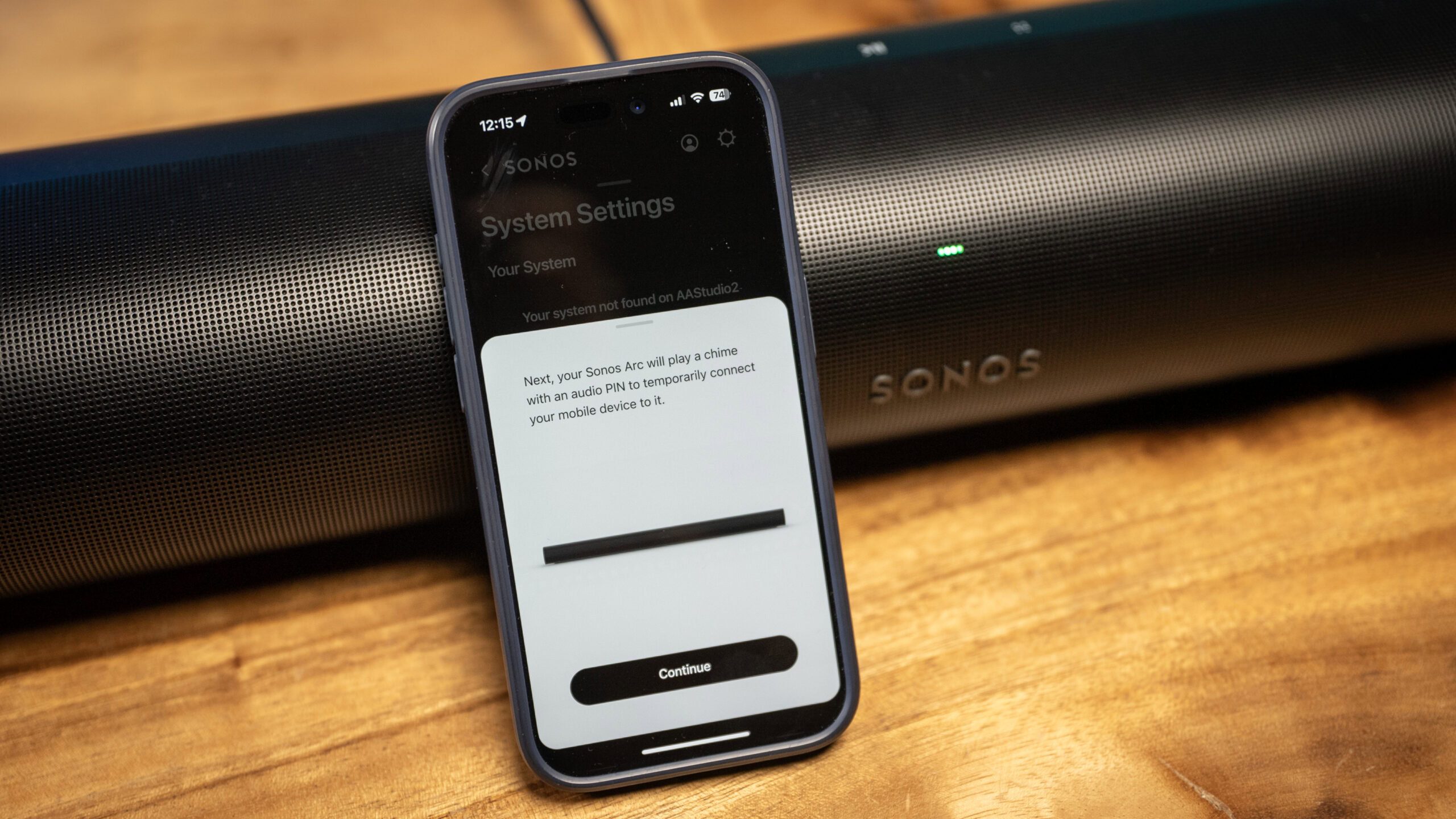
The Sonos app is perhaps the worst thing to happen since unsliced bread. In our Sonos Roam 2 review, it took us almost an hour just to get the speaker up and running with the Sonos app. This isn’t isolated to the second-gen portable smart speaker either. Droves of Sonos users have tales from the Sonos app trenches. In other words, many of us saw the recent Sonos app debacle and messy reversal attempt from miles away.
You know, you’d think a billion-dollar company famous for its sleek, premium hardware would have a simple, elegant app to match. Alas, Sonos proves that even the best hardware can’t outrun a frustrating user experience.
Sonos’ deaf ear to user feedback
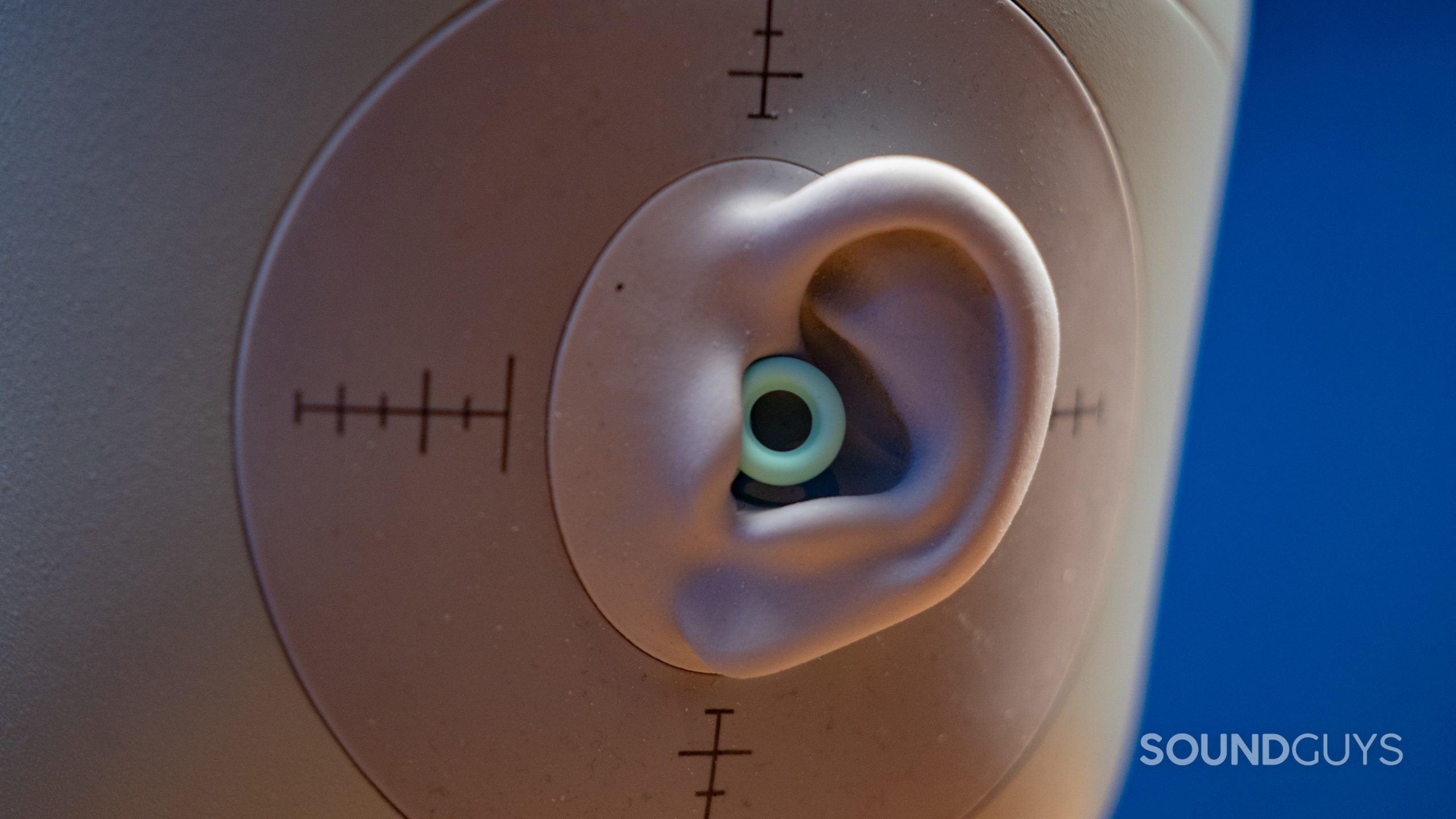
Sonos’ apps have plagued users for years. Even before the May 2024 redesign, app issues were very present. Users reported lagginess when skipping or pausing songs and a barely functioning party mode. Of course, no one wants to troubleshoot clunky software mid-party, talk about ruining a vibe. Some users, including me, have also had to factory reset the speaker at random intervals to reconnect it to the network. This happened to me without any network changes or outages. I don’t have many devices on my network and have 1GB speeds. Yet, factory resetting my Sonos One (Gen 1) became such a frequent frustration that I ended up parting with the speaker in favor of a standard Bluetooth speaker.
Sonos heard plenty of canaries in the Sonos app coalmine and didn't respond.
This title on the Sonos community board speaks for itself, “Why is Sonos App so bad and why won’t Sonos fix the problems?” Likewise, Sonos users banded together on the r/Sonos subreddit to discuss Sonos’ app issues back in 2023. Earlier in 2024, we saw different users discussing the app’s slow, non-responsive nature. Heck, during different reviews, we came across this as well.
When reviewing the Sonos One (Gen 2), former SoundGuys writer Sara Carbone and I spent two hours troubleshooting. The Sonos app couldn’t recognize her home Wi-Fi, even when other smart speakers were able to connect. Most recently, colleague David Carr performed multiple hard resets of the speaker and his phone to get the app to connect. He also dealt with unresponsive in-app buttons and functionality issues within the app.
A predictable flop
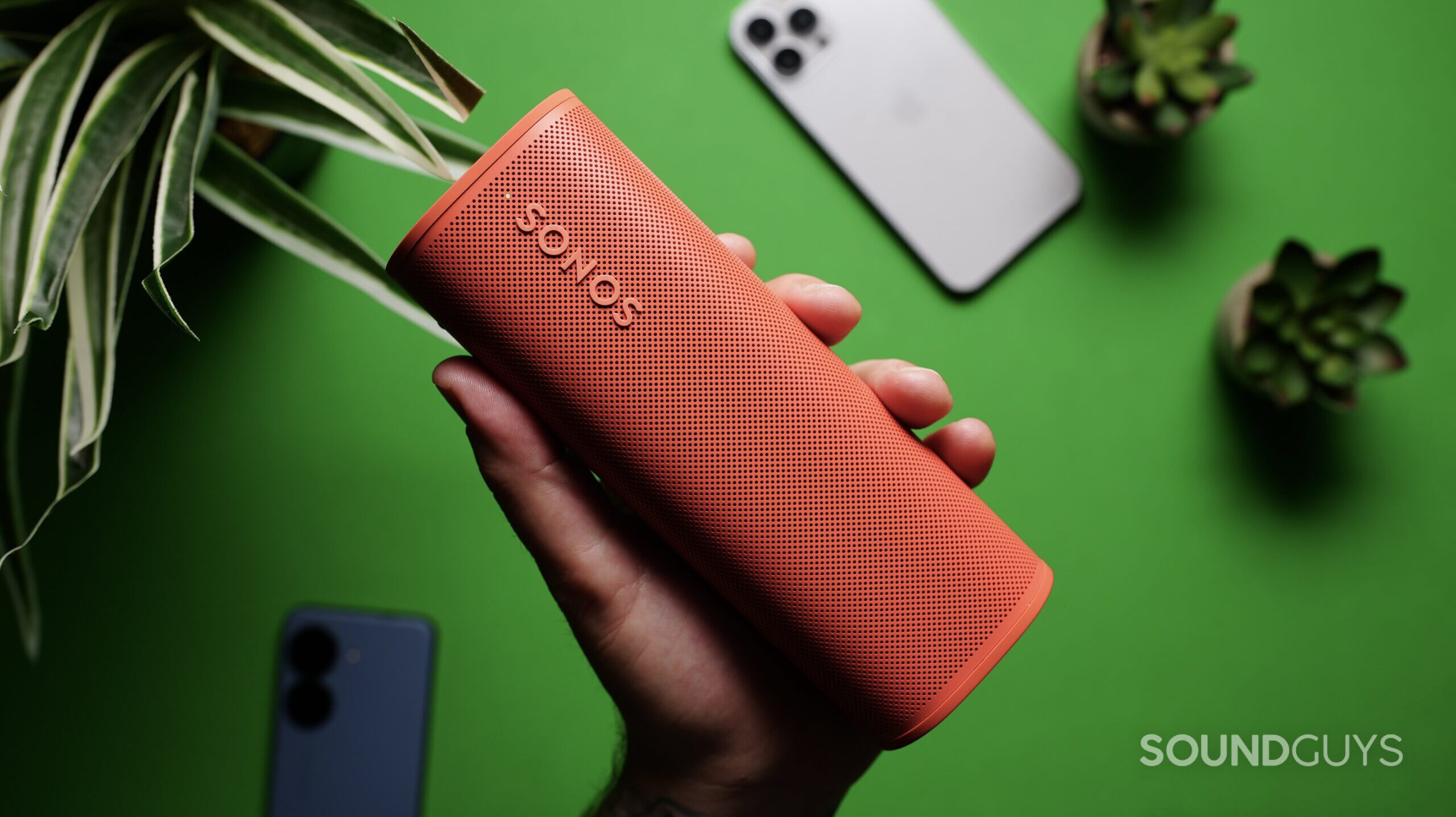
On May 7, 2024, Sonos released a new version of its app, which received backlash, leading to a cacophony of upset voices. To over 15 million users’ horror, the app release led to missing system setups and removed features (which Sonos says it will reintroduce … later). People could no longer set alarms, configure the volume properly, add songs to a queue, or add new speakers. This doesn’t even cover all of the issues, for that, you’d need to scan through the megathread on r/Sonos. Sonos’ chief product officer told The Verge that the redesign took courage. This is not a good look when one of the app’s most damning issues includes broken accessibility for blind users.
As upsetting as this is for any Sonos fan, many of us saw this coming. The company prioritizes hardware and marketing over the overall user experience. Though unsurprising, this is unsettling for anyone watching the company closely. Like some undergrads in a lecture hall, the app was half-baked. Either Sonos didn’t rigorously test the new app version before its release, or it knew about the issues and didn’t care. Frankly, both scenarios are grim and make me concerned about the company’s decision-making.
Is the curtain falling on Sonos?
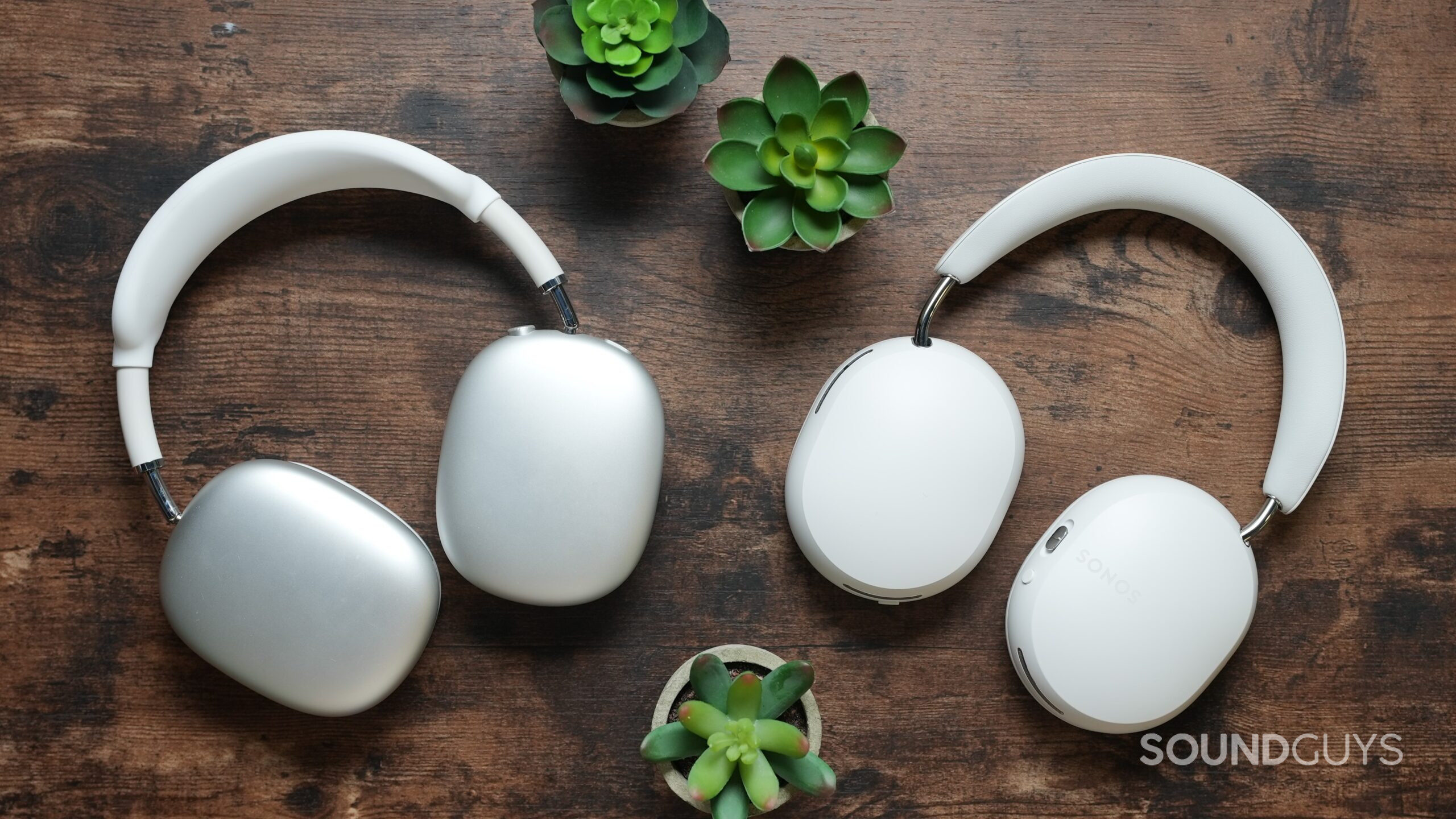
It’s too soon to declare the grand state of Sonos. However, this is Sonos’ highest hurdle to date. It’s also a major symptom of a chronic condition: years of customer unrest and unresolved grievances. While I am no clairvoyant, I can say this is an excellent reason to hear others’ experiences before going whole hog into an ecosystem. Whether you visit SoundGuys, another publication, your favorite public forum, or all of the above, please do your research before buying an expensive product. If a company has a history of going silent on user concerns, you may want to consider whether the sleek hardware justifies potential known issues or malfunctions.
If not Sonos, what smart speakers are worth buying?
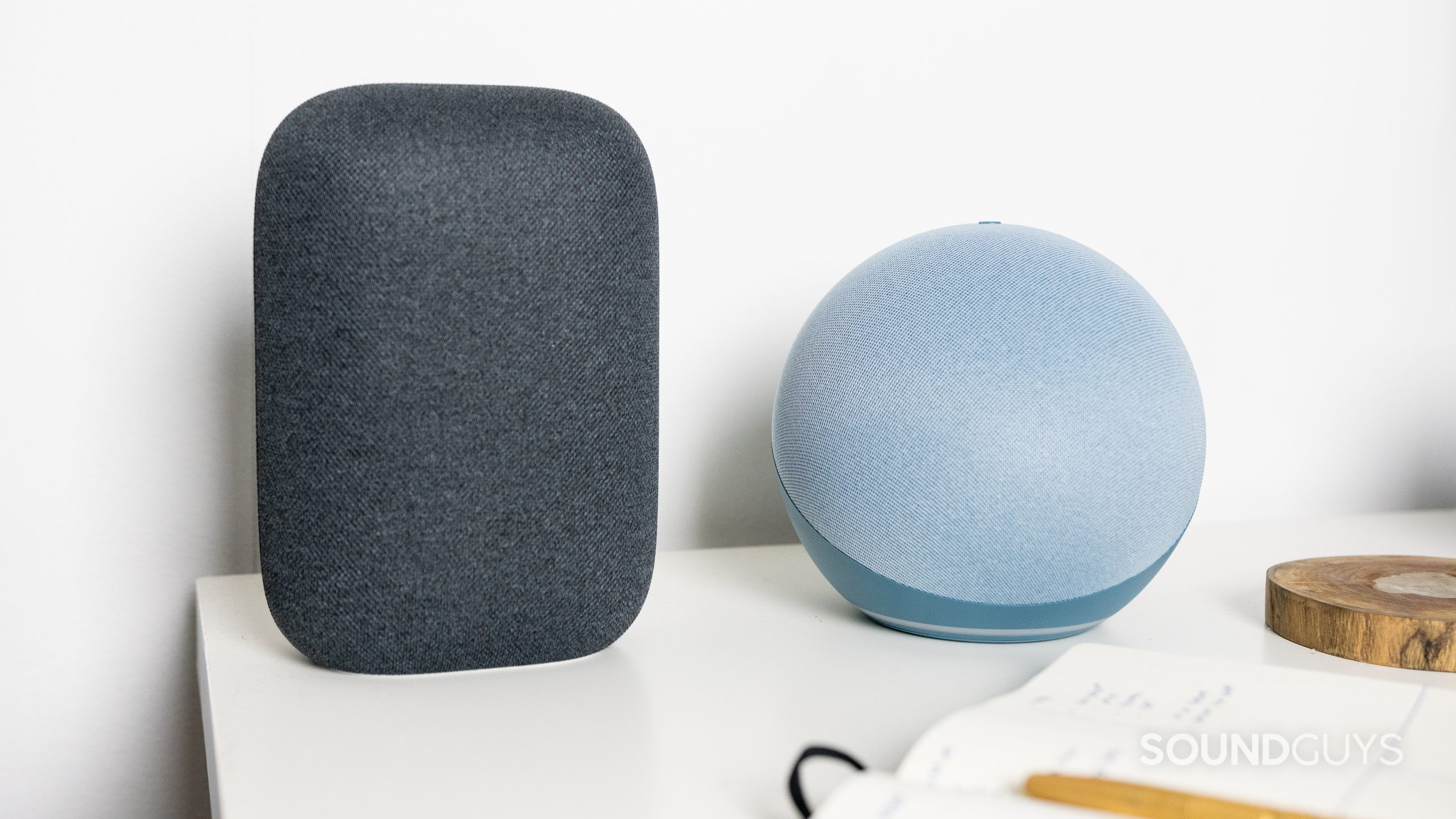
The smart speaker market is alive and well, with many companies vying for your attention. If you like the Sonos system for its Alexa integration, the Amazon Echo series is a great alternative. Amazon’s speakers are more affordable, have good sound quality, and support Alexa (of course). The Echo (4th Gen) ($99 at Amazon) is a great smart speaker with good bass output for its size. A big downfall: it won’t support YouTube by default. There are some workarounds for this, but you’re better off with a different streaming service for Amazon’s speaker system.
Of course, if you’re in the Apple or Google ecosystem, both companies have their respective speakers with good software support. The Apple Homepod mini ($99.99 at Best Buy) shares a similar rounded shape to the Echo series, and comes with Siri built in. The Google Nest Audio ($99.99 at Best Buy) has a rounded rectangular design with great sound quality and Chromecast integration. You aren’t just limited to the big three. Bose, JBL, Denon, and Bang & Olufsen have excellent hardware and software too.
Please note, that with any smart product, you’re signing away a bit of privacy.
Frequently asked questions about the Sonos app
The Sonos app is the main app for modern Sonos products. If you have a Play:5 (Gen 1), Bridge, Connect (Gen 1), or Connect:Amp (Gen 1), you’ll need the Sonos S1 Controller app.
Yes, there is the Sonos app and the Sonos S1 Controller app, the latter of which is for much older Sonos products.
We like the Sonos Arc and, fortunately, the Sonos app didn’t give us issues during the review. Sound quality is excellent, but it is a very expensive soundbar and you don’t get all of its features on Android.
The Sonos Ace are a good pair of headphones, but they’re definitely a first-gen product. We like the build quality and aptX Lossless functionality. However, the ear cups won’t fit larger ears, and the default frequency response is a bit odd.